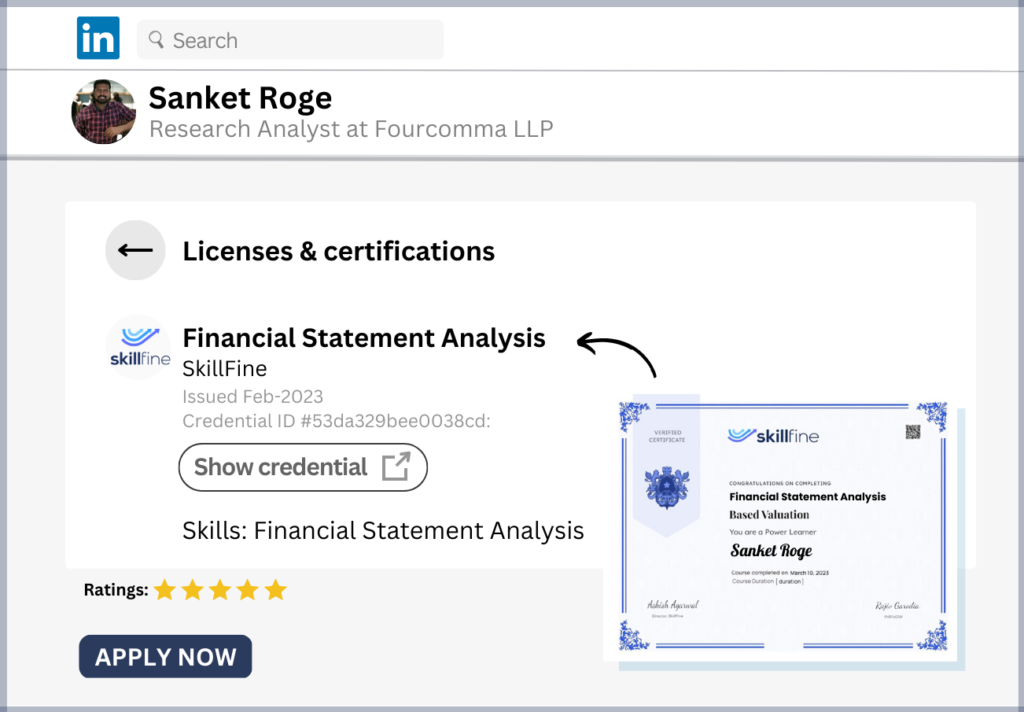When you’re applying for a loan, the lender will have you go through a credit analysis test. The test is designed to check if you are qualified to take on a loan and also assess your risk as a borrower. If your lender is concerned that you might not be able to repay the loan after some period of time, they will usually ask you to provide them with information regarding your assets, liabilities, income and expenses.
Once they have all this information, they can run it through their in-house credit analysis software and give you an idea about whether or not you will pass the test. If you want to increase your chances of passing the test, make sure that before meeting with your lender or banker that you know everything there is to know about credit analysis. Here are 10 tips from successful credit analysis experts that can help get you started on the right track.
Have an accurate and up-to-date credit report
The first thing you need to do is make sure that you have an accurate and up-to-date credit report. If you don’t have a clear credit report, you will have a difficult time trying to pass a credit analysis test. If you’re applying for a loan, you should request a copy of your credit report in advance so that you can make sure that it is accurate. You should also check if there are any false entries that need to be corrected. You can request for a free credit report from each of the credit reporting bureaus once every year.

Be Realistic About the Amount of Debt You Can Handle
Another thing that lenders will look at is your debt-to-income ratio. This ratio is calculated based on the amount of debt you have versus your earning capacity. The lender is primarily concerned about your ability to repay the loan. They will want to know if you have the income to repay the loan with your current expenses.
The general rule for this ratio is that you should not have a debt that is more than 35% of your annual income. This is a very general rule, and you should be aware that different lenders have different ratios that they adhere to. If you have a high debt-to-income ratio, you will have a difficult time passing the credit analysis test. You will also have to come up with a plan of action to lower your debt-to-income ratio before you can apply for a loan.
Have Good Collateral and Assured Repayment Sources Available
The lender will also look at whether or not you have assets that can be used as collateral. Depending on the item that you are applying for, you will have to give them a percentage of your assets as collateral. The lender will want to make sure that if you default on the loan, they can get the collateral back.
If you are applying for a car loan, the lender may ask you to put up your car as collateral. If you are applying for a home loan, you will usually be asked to put up a percentage of the equity in your home as collateral. You may also be asked to provide the lender with a letter of assurance. This is a document that will say that someone else will be responsible for repaying the loan if you can’t. This is usually a parent or a close relative.
Be Aware of Your Current Credit Rating and Utilization Ratio
Another thing that lenders will look at is your current credit rating and utilization ratio. The credit rating is simply assessing your credit history. The lender will want to know if you have made timely payments in the past and if you have any defaults in your credit history. The utilization ratio is the percentage of your total credit that you are using.
The general rule is that you should not use more than 30% of your total credit. However, lenders will have their own standards and may have a different percentage in mind. If your credit rating is low or you have a high utilization ratio, you will have a difficult time passing the credit analysis test. This does not mean that you should give up and not apply for a loan. You can always improve your credit rating by paying off your current loans and avoiding taking new loans.
Do Not Let Past Bad Loans Discourage You From Future Loans
Even if you have had some past bad loans, you can still apply for new ones. You just have to show the lender that you have learned from your mistakes and that you have what it takes to repay the loan. Owning up to your mistakes and showing the lender that you have learned from them will be more helpful in the long run.
You should be prepared to discuss the details of the loans that you have had in the past and the reasons why you ended up defaulting on them. You may be asked to provide a letter of explanation for the loans that you have had in the past. You can write about what you learned from the experience, the corrective measures you have taken to avoid a similar situation in the future and how you plan on repaying the new loan.
Discuss the details of the loan with your lender.
There could be some hidden factors that might have an impact on your credit analysis score. You should discuss these factors with the lender so that they can be taken into account. You can also ask the lender if they have any special programs that can help you improve your credit rating.
This will help put your mind at ease knowing that you have done everything you can to increase your chances of passing the credit analysis test.
Conclusion
The credit analysis process is not very difficult to understand. However, it can be difficult to prepare for if you have never analyzed your credit before.
The best way to prepare for a credit analysis is to start monitoring your credit several months before you plan on applying for a loan. You can also get a free credit report once a year. You can use this report to identify any problem areas in your credit that you may need to fix before applying for a loan.



One thought on “10 Tips for Successful Credit Analysis: Expert Insights for Assessing Risk and Making Smart Financial Decisions”
I don’t think the title of your article matches the content lol. Just kidding, mainly because I had some doubts after reading the article.